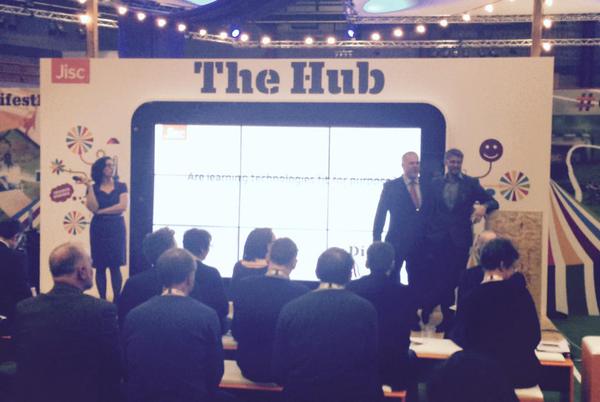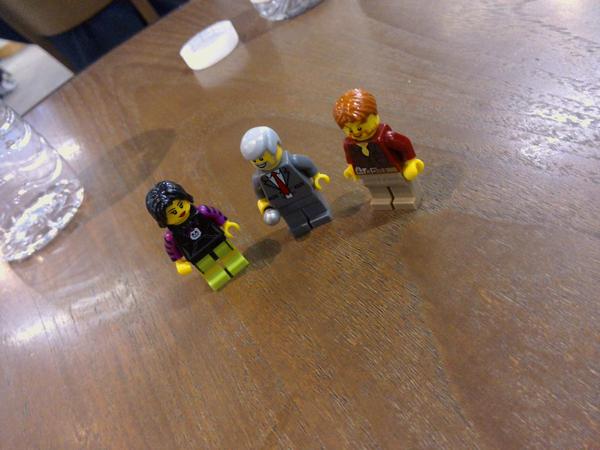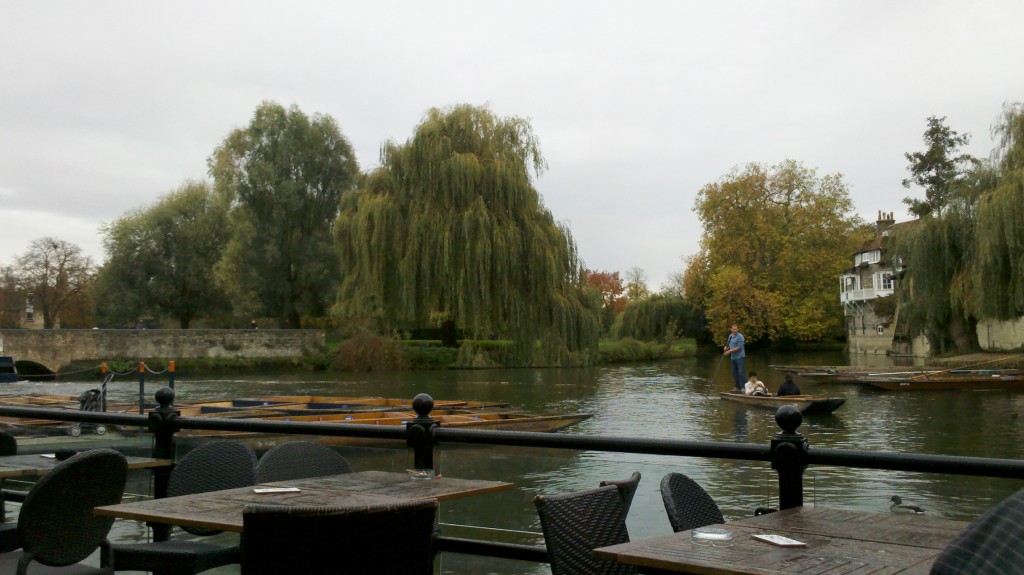So the second kind of thing I did this past month was not exactly new to me–I argue with people all the time, and I argue with Dave White rather more than I argue with most other people. But Lawrie Phipps invited myself and Dave to argue with each other about something in particular–whether or not education technology is “fit for purpose.” We were on a central stage in Birmingham, at Jisc’s second ever Digifest, and I had a marvelous time. It was theatrical, occasionally shouty, and I think an engaging provocation.
Lawrie has already blogged about the debate here.
I should say that Dave and I deliberately chose polarized positions that were not necessarily reflective of our own beliefs about edtech. I should also say that what I was arguing (NO THEY ARE NOT FIT FOR PURPOSE) was a lot closer to what I actually believe, with Dave taking on the techno-brutalist end of the stick for the sake of inspiring people to think about what they actually believed to be true. The audience reaction to Dave’s argument fascinated me–we were, it should be said, in a room full of edtech professionals (It was a Jisc event, after all), and it should not have surprised me that there were many voices in favor of VLEs and ePortfolios in the (substantial, and nicely engaged) audience. I was surprised at the arguments made for VLEs that were less about education and more about administration, scale, and the tracking of student information.
So I don’t object to those reasons, but dispute that they are educational ones. I’d rather institutions be transparent about what they actually use these systems for–education as I defined it in the debate isn’t necessarily central to the institutional argument for edtech.
The central tenet of my argument is that centralized institutional tech isn’t as educational as you think it is. What do we mean by fit for Purpose? I argued that our purpose is education, not in the indoctrination sense, but in the broad cultural sense of equipping the people within the educational system for an effective productive life outside of the system
Technology in the service of a broadly-defined education should be more open, more flexible, less locked in to institutional priorities, because that is what we are intending to send our students out into, an open world with open systems. Digital citizenship, practiced responsibly, can start in university settings, and does not have to be within “walled gardens.” I made the argument (and I do believe this) that such protected systems can actually be failures on institutions’ parts, failures to scaffold students within the systems on the open web they will need to evaluate and navigate in their post-university future (and in their present, for that matter).
What if they money we spend on contracts to companies that manufacture these systems was spent on staff and training and time to become true bricoleurs of the web, and facilitate the skills of our students, too?
They need to be fluent and savvy in the ways of the open web, see the ways that current and future digital places can be relevant to their scholarly and professional futures, as well as their personal futures. Institutions who do not facilitate and mentor students through the open exploration possible on the web not only look like idiots, but are actually getting in the way of processes their students need to engage with to become effective, informed citizens.
We can talk about what that might look like, but my point is it can and should look a wide variety of ways, ways that are only discoverable once we break free from the institutional edtech model, and move out onto the open web. A Domain of One’s Own is one of the best models I am aware of, but we’ll never know what else we can do if we don’t stop relying on one-stop solutions.
In the end, I was quite pleased that, given the venue, I managed to have the support of half the room in person, and 45% of the vote overall.
You can find the recording of the debate here, on Day 1, at about 5 hrs 29 minutes (you will have to register with the site to view, sorry).





